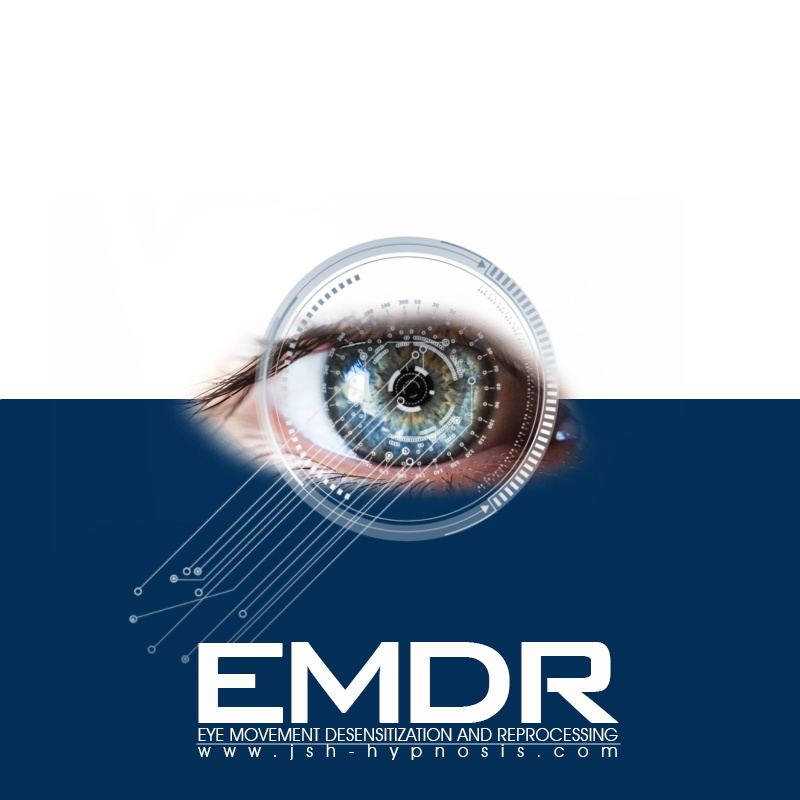Description
In 1987, psychologist Francine Shapiro developed a new type of psychotherapy known as Eye Movement Desensitization and Reprocessing or EMDR.
EMDR therapy is an effective treatment option for people suffering from anxiety, addictions, fears, phobias, panic, PTSD, or trauma.
It’s a way to go back to your past, clear the Traumatic memories and feelings to move forward in life.
According to the EMDR Research Foundation, EMDR has been clinically validated by more than 30 randomized, controlled studies (this is the gold standard for clinical studies) and is widely used within the NHS and Government Sectors.
EMDR is an integrative “psychotherapy” approach that has been extensively researched and proven as an effective treatment of Trauma & PTSD.
EMDR therapy also includes a set of standardized protocols that incorporate elements from many different approaches .
EMDR therapy is a phased, focused approach to treating trauma and other symptoms by reconnecting the traumatized person in a safe and measured way to the images, self-thoughts, emotions, and body sensations associated with the trauma.
It allows the natural healing powers of the brain to move towards an adaptive resolution.
EMDR is based on the idea that symptoms occur when trauma and other negative or challenging experiences overwhelm the brain’s natural ability to heal.
The healing process can be facilitated and completed through bilateral stimulation while the client is re-calling the trauma in the context of the safe environment of the therapist’s office .
We call this dual awareness.
Jacquelyn originally trained in EMDR to assist and support medical staff at the start of the Covid Pandemic in March 2020.
In 2021, she undertook further training with Dr Krishna Shamar to complement her Regress to Cause Therapy Practice.
Sessions are typically two hours long and it is recommended three to twelve sessions .
Results vary from person to person.




